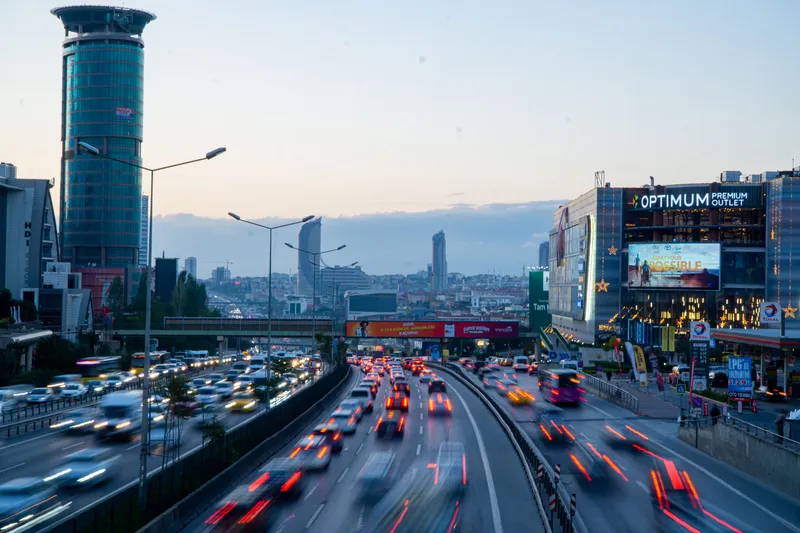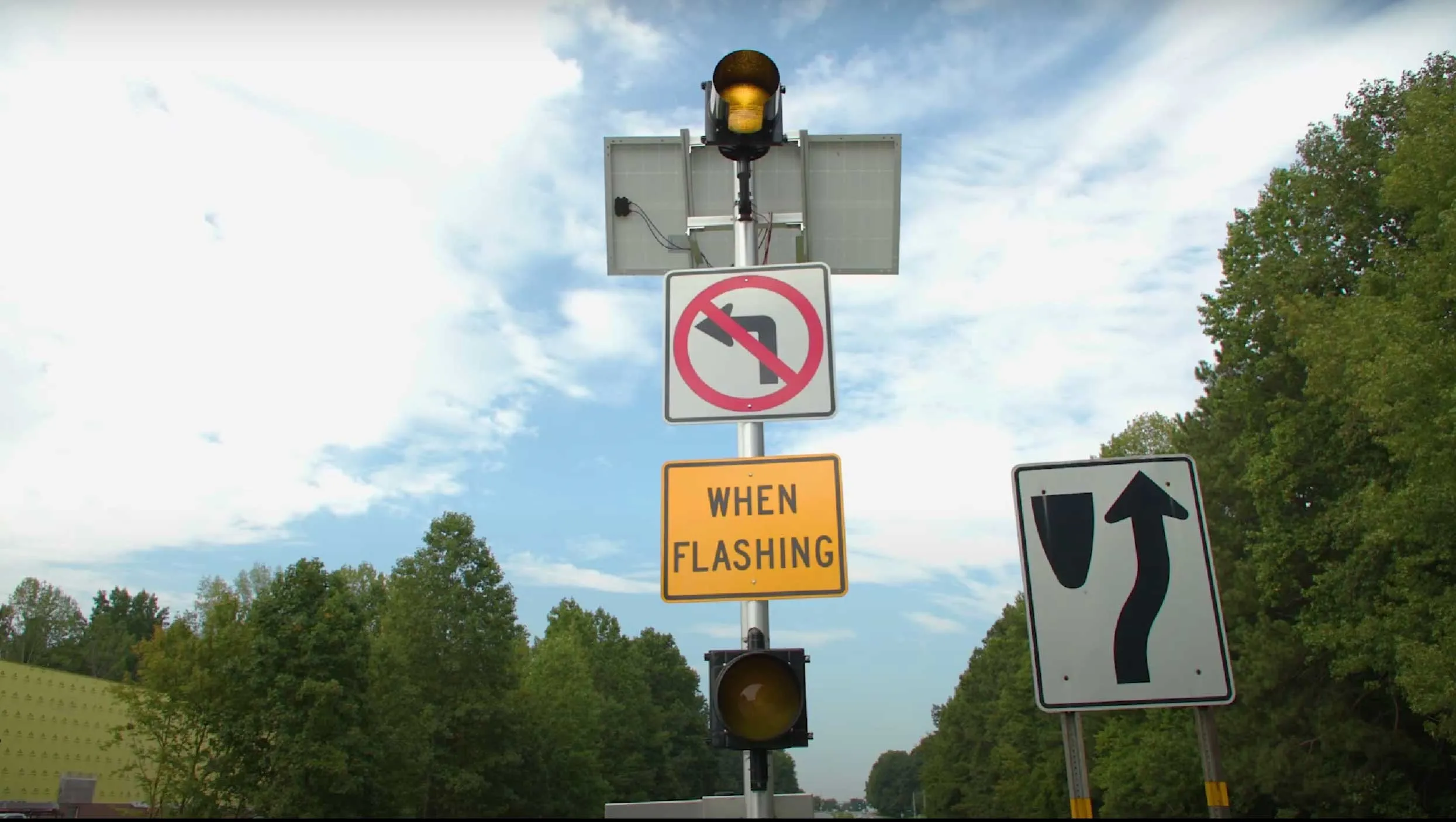
Medianets Lab in Hungary is developing a traffic congestion forecast and control system that will use artificial intelligence (AI) to control traffic lights.
The project, called Multi-Input Deep Learning for Congestion Prediction and Traffic Light Control – Tralico - is being developed with the Istanbul IT and Smart City Technologies company in Turkey and the Nara Institute of Science and Technology in Japan.
According to Hungarian media reports, there is no similar solution being tested in real-life situations in any large urban environment in Europe or Japan. A key objective of the project is to run the solution in real traffic conditions in Istanbul.
The three-year project will be coordinated by Vilmos Simon, head of Medianets Lab, which is part of the Department of Networked Systems and Services within the Faculty of Electrical Engineering and Informatics at Budapest University of Technology and Economics. BME, as the university is known, is a public research university located in the capital Budapest.
Medianets - Multimedia Networks and Services Laboratory - specialises in applying AI to smart city environments. Research and development activities include machine learning and data analytics for intelligent and automated cities, Vehicle to Everything (V2X) communication and intelligent transportation systems. Medianets says that it is active in a significant number of European and national research projects.
The Nara Institute of Science and Technology is a Japanese national university in Kansai Science City located between the cities of Nara, Osaka and Kyoto. It focuses on information science, biological sciences and materials science research.
Meanwhile, the company Istanbul IT and Smart City Technologies was founded in 1986 by the Istanbul Metropolitan Municipality to provide maintenance and repair to its vehicle fleets and carry out traffic signalling services for the city. Upon establishment of a research and development department in 1995, it expanded its activities to include intelligent transportation systems, especially traffic signalling.
Medianets and the project were selected for funding under the European Interest Group Concert-Japan programme, an international initiative to support and enhance science, technology and innovation, especially in the energy and environment sectors, between the European region and Japan.
The primary function is to organise joint European-Japanese research calls for proposals and other research-related activities with the aim to enhance cooperation and exchanges between the two regions. EIG Concert-Japan membership is made up of a number of funding agencies and ministries in Europe and Japan and works as an independent body.








